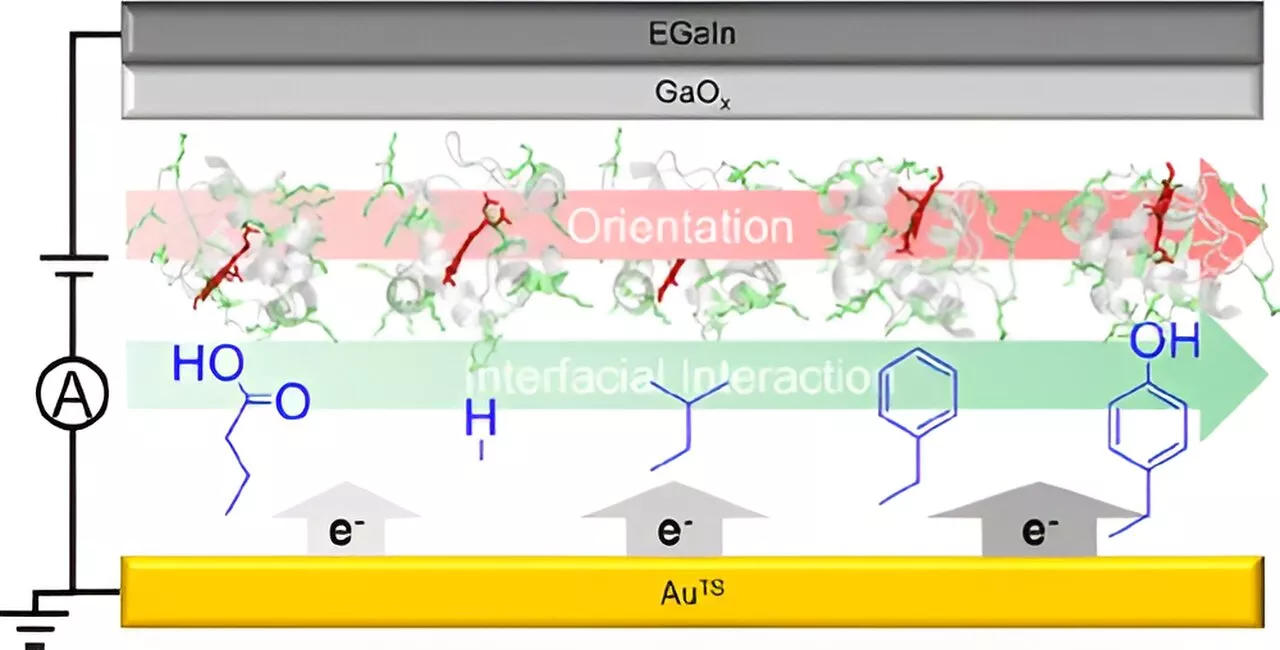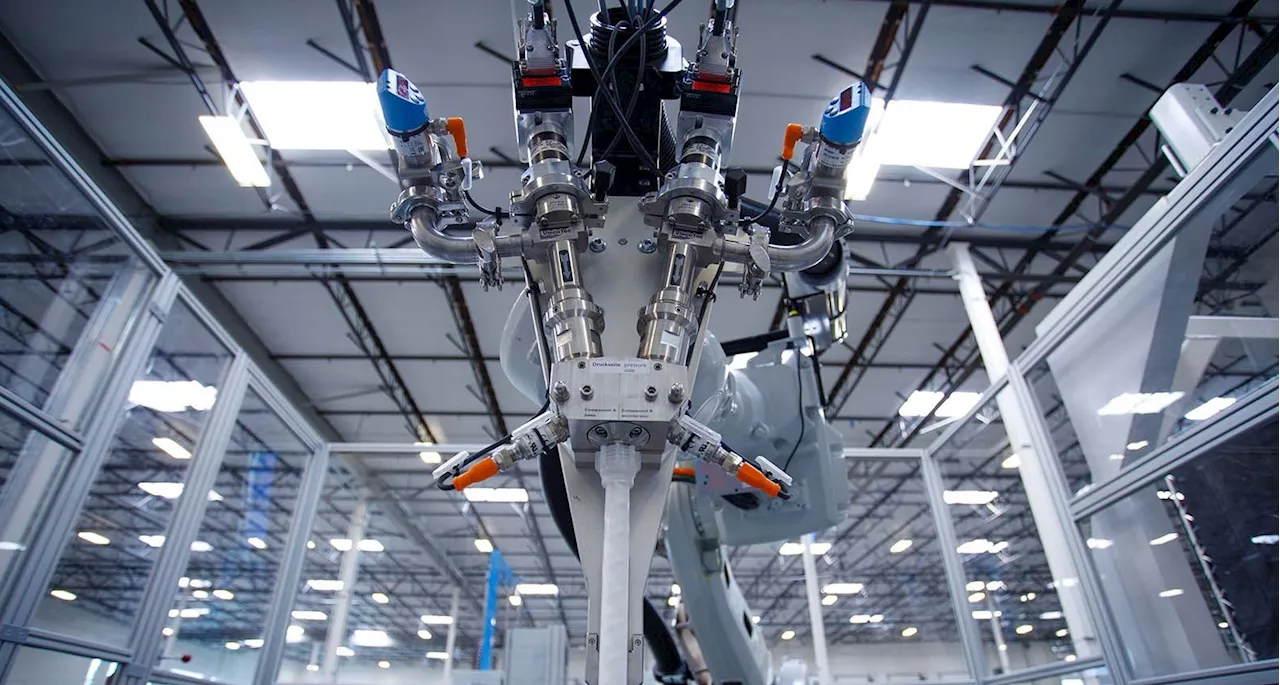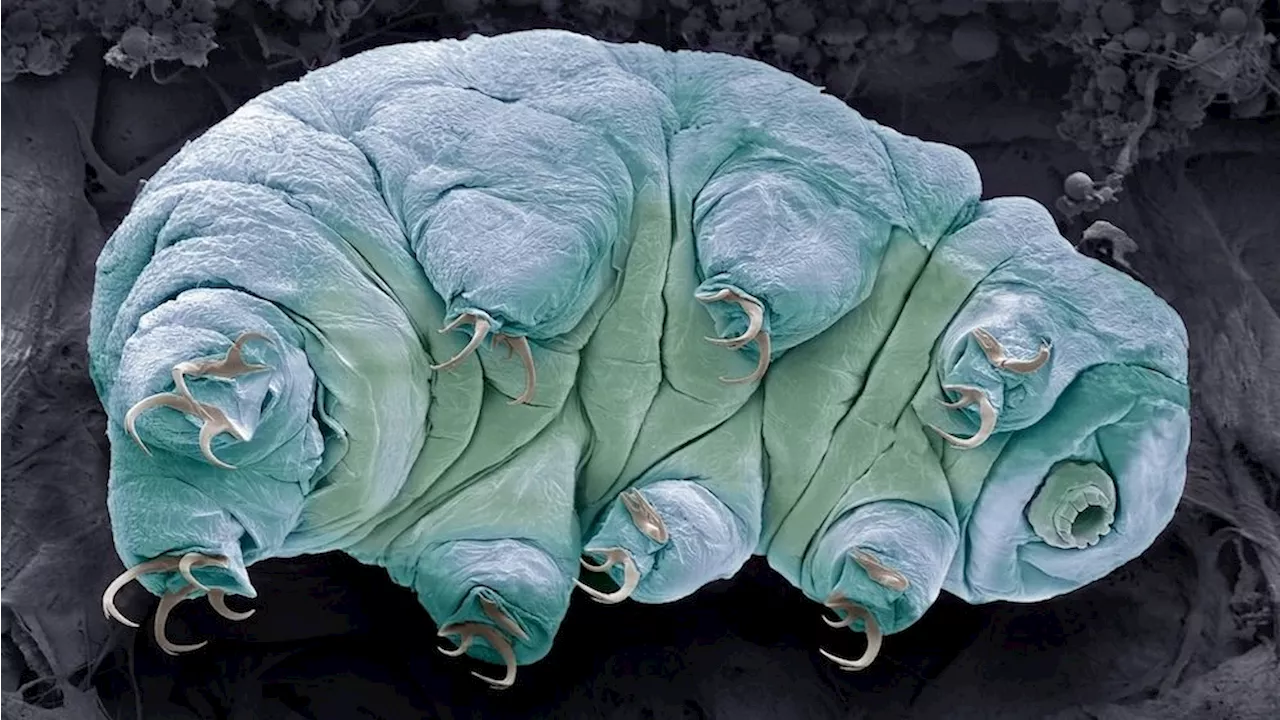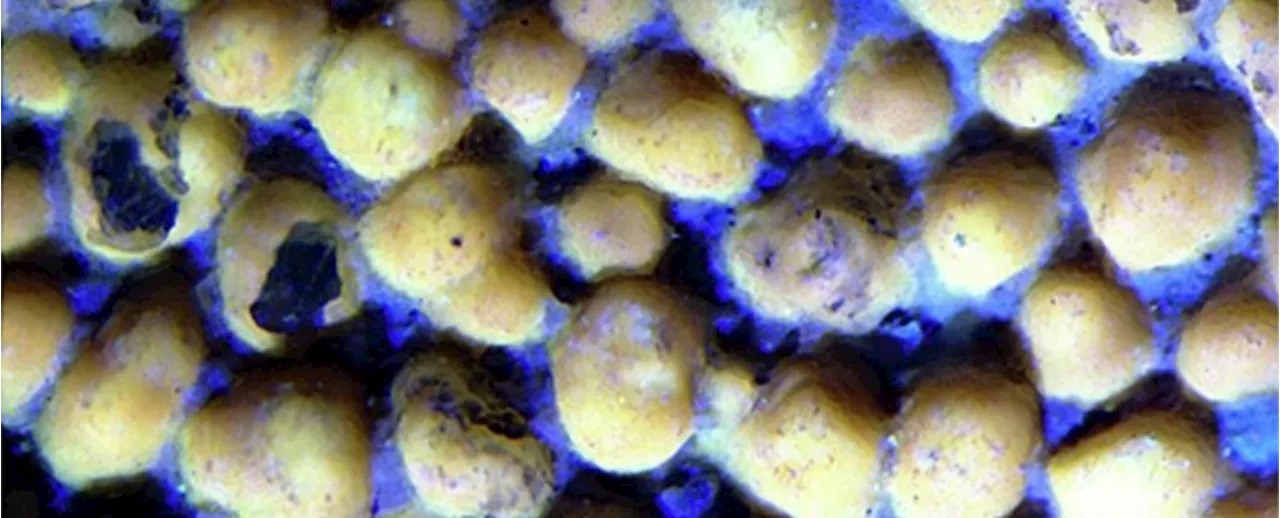Scientists discover preserved proteins in fossil fragments, expanding the study of extinct organisms.
As a scientist, lab work can sometimes get monotonous. But in 2017, while a Ph.D. student of paleobiology at the University of Bristol in the UK, I heard a gleeful exclamation from across the room. Kirsty Penkman, a fellow researcher at the University of York, had just read the data printed off the chromatograms and was practically jumping up and down.
Not much organic material survives over millions of years, which limits scientists' ability to study the biology of extinct organisms compared to modern ones, whose proteins and DNA can be sequenced. As Penkman's enthusiasm suggested, these amino acids were extraordinary. We tested 3.8-million-year-old bird eggshell and dinosaur eggshell fragments to see if any original proteins were preserved. The fossil fragments we tested had scientific value as they were not part of any museum collections, allowing us to analyze them without worrying about damage
Scientist Lab Work Monotonous Paleobiology University Of Bristol University Of York Organic Material Extinct Organisms Proteins DNA Amino Acids Bird Eggshell Dinosaur Eggshell Fragments Museum Collections
United States Latest News, United States Headlines
Similar News:You can also read news stories similar to this one that we have collected from other news sources.
Ancient amphibian named for Kermit the Frog after fossil discovery in Smithsonian collectionThe fossilized skull of an ancient amphibian ancestor found in the collection of the Smithsonian’s National Museum of Natural History has been named after Kermit the Frog.
Read more »
 The role of interfacial amino acids in shaping bio-electronic communication between proteinsProteins are vital for facilitating charge transport (CT) chain reactions, both within individual proteins and between proteins. Understanding CT in proteins is crucial for biological processes and the development of bioelectronic devices. While previous research has focused on CT within proteins, less attention has been given to inter-protein CT.
The role of interfacial amino acids in shaping bio-electronic communication between proteinsProteins are vital for facilitating charge transport (CT) chain reactions, both within individual proteins and between proteins. Understanding CT in proteins is crucial for biological processes and the development of bioelectronic devices. While previous research has focused on CT within proteins, less attention has been given to inter-protein CT.
Read more »
 Solar Beats Coal In Fossil-Friendly Texas, Despite Fossil FriendsConcentrating solar power has had a tough time gaining traction in the US, but Texas could be a hotspot for new, next-gen CSP technology.
Solar Beats Coal In Fossil-Friendly Texas, Despite Fossil FriendsConcentrating solar power has had a tough time gaining traction in the US, but Texas could be a hotspot for new, next-gen CSP technology.
Read more »
 Star Trek: Discovery Season 5 Is Still "Fundamentally Discovery," Says ShowrunnerJohn Orquiola is the head of Screen Rant&039;s Star Trek Movies & TV coverage, a Senior Features staff writer, and Interviewer.
Star Trek: Discovery Season 5 Is Still "Fundamentally Discovery," Says ShowrunnerJohn Orquiola is the head of Screen Rant&039;s Star Trek Movies & TV coverage, a Senior Features staff writer, and Interviewer.
Read more »
 Researchers reveal evolutionary path of important proteinsNew research from the University of Wisconsin–Madison decodes the evolutionary pathway of regulatory proteins, the molecules that help control gene expression.
Researchers reveal evolutionary path of important proteinsNew research from the University of Wisconsin–Madison decodes the evolutionary pathway of regulatory proteins, the molecules that help control gene expression.
Read more »
 Tardigrade proteins could slow aging in humans, small cell study findsJennifer Nalewicki is a Salt Lake City-based journalist whose work has been featured in The New York Times, Smithsonian Magazine, Scientific American, Popular Mechanics and more. She covers several science topics from planet Earth to paleontology and archaeology to health and culture. Prior to freelancing, Jennifer held an Editor role at Time Inc.
Tardigrade proteins could slow aging in humans, small cell study findsJennifer Nalewicki is a Salt Lake City-based journalist whose work has been featured in The New York Times, Smithsonian Magazine, Scientific American, Popular Mechanics and more. She covers several science topics from planet Earth to paleontology and archaeology to health and culture. Prior to freelancing, Jennifer held an Editor role at Time Inc.
Read more »
